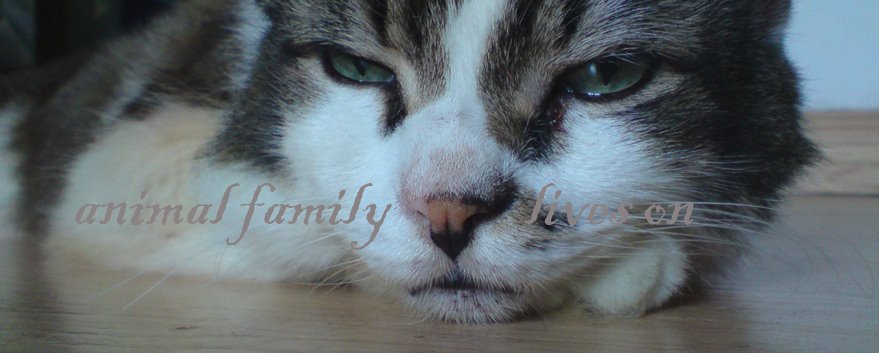yesterday, CNA reported on pet-assisted therapy for dementia patients and the possible construction of a retirement village in or around Singapore.
wonder if it is feasible to run a retirement home that is also an animal shelter. google surfaces several retirement homes with pastoral animals and nothing else so suspect it has never been done before, probably with good reason. but i would imagine quite a few residents could benefit from proximity and reciprocation with indigent animals and for the more able, active tending to them.
the residents would not be staffing the shelter of course. the arrangement would be one of mutual benefit from co-existence. just the sharing of grounds and possibly some of the administrative functions and staff might derive enough tangible benefits to make it worth thinking about. perhaps even the possibility of cross funding.
but are there enough people who will take to the idea? health risks aside, not sure if the emotional rollercoaster that comes with caring for shelter animals is what the residents need. yet on the flip side, it can be an invigorating, community building experience that is often lacking in most retirement homes.
what does everyone think? if you know of any places who have done this, i'd like to know about it.
It’s not all bad
22 hours ago




8 comments:
I think it can be a good idea! I know of a nursing home that has several rescued Greyhounds in residence, and when I fostered dogs, I placed an older Golden Retriever in an assisted living home to be their resident dog. They'd lost their previous dog to illness, and the residents really missed having a dog around to walk, pet and interact with.
One of mine was a therapy dog; there's several organizations, like TDI and Delta. But when he matured (about 3 years old) he became quite aloof - can be typical of the breed (Rottweiler) and though *never* unfriendly, he just wasn't being very cuddly and therapeutic! I'd like to do it again some time though, the residents loved it.
mudpuppy, i think that idea can work. your fundraising campaign could read something like 'give them a gift that never stops giving. sponsor a senior's pet'. love your pic by the way.
carina, it's great to hear that nursing homes are already taking in rescued animals. there is this japanese movie called Quill about the life of a seeing-eye lab retriever. not quite a therapy dog but i think you will love the movie. you can probably get it with subtitles which is how i watched it. hope you get a chance to foster another therapy dog soon.
I think it's a great idea. For years Nursing Homes have had animals visit residents and it only seems fitting to incorporate an animal shelter. It would give the residents something to look forward to each day.
Sound like a great idea! In Australia, we often have people bringing their pets to visit nursing homes and sometimes children hospitals. If this works out in Singapore, it will bring lots of joy to the patients or residents. On the other hand, people may be scared of the animals..therefore animals (pets) have to be very well trained before visiting such places.
I'm sure the benefits of an animal shelter outweigh the disadvantages.
I agree that it's gonna be a rollercoaster ride for 'em senior folks, but hey, maybe that's what they really want. A new lease of LIFE and LOVE, with all their joys and pains.
I'm sure our older folks are more resilient than we assume. Pet love sounds like a good thing. :)
Sure beats sitting around in a home, bored, lonely, and waiting for the inevitable.
The woman who started our shelter had 25 acres and a plan to build a hospice for people who will then be able to have their companion animals near by. I hope it's running by the time I go.
yes, definitely hope Singapore will be ready for one too when it's my turn.
wonder if there are programmes for people who are scared of animals. i have a friend who is phobia hop- on-table nuts when she sees a cat. and the cat is not even anywhere near her. i think it is a real pity she will never be able to enjoy what an animal can offer.
i hope she will be able to get over it by the time her hair turns white.
Post a Comment